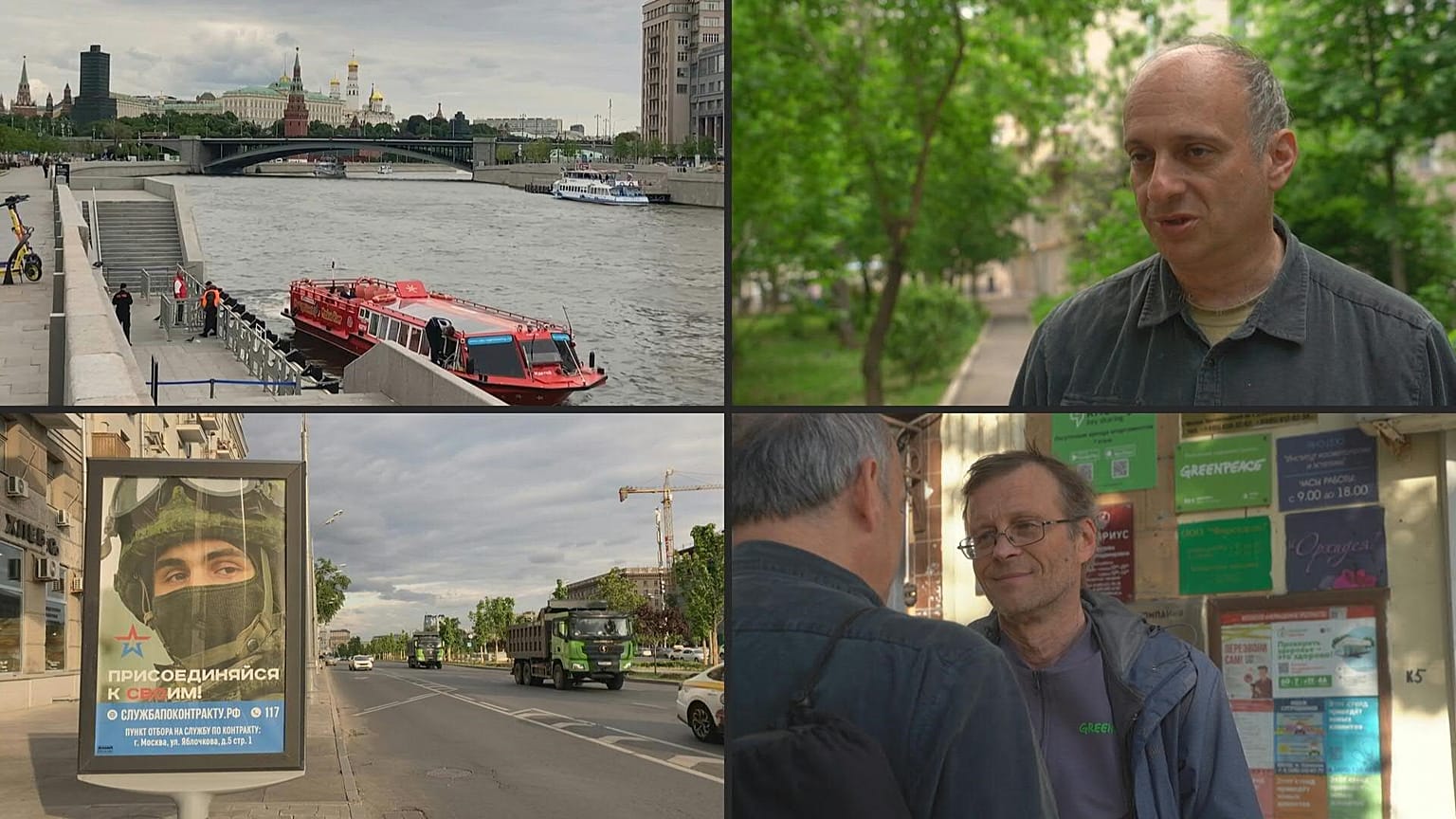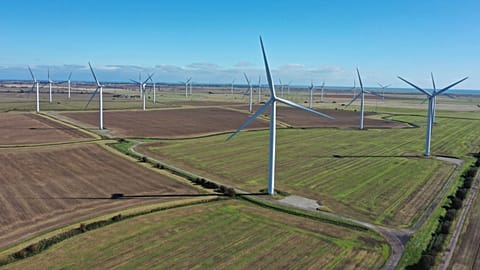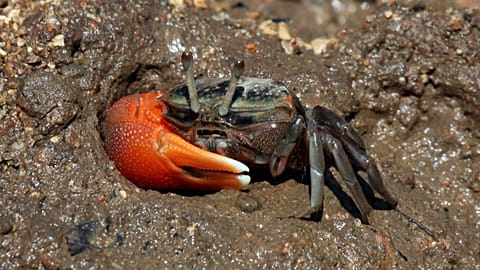This is "a very serious blow" to Russian environmental protection, says Greenpeace.
Russian authorities have branded Greenpeace as an undesirable organisation. The decision criminalises the group's work and puts its staff at risk of prosecution.
The crackdown on freedoms in Russia has been taken to an unprecedented level by authorities over a year into Moscow's assault on Ukraine. Independent media and rights groups have been shut down while the most key opposition figures have been put behind bars or are in exile.
"The liquidation of Greenpeace in Russia - this is an absurd, irresponsible and destructive step that has nothing to do with the protection of the country's interests," Greenpeace said on its Russian website.
But what will the loss of Greenpeace mean for Russia’s natural world?
Environmentalism and politics
Russian authorities accused Greenpeace of anti-Moscow propaganda and attempting to "change power in the country".
The Office of the General Prosecutor said the climate advocacy group posed "a threat to the foundations of the constitutional order and security" of the country.
The statement also added that, since the start of Russia's military offensive in Ukraine, they consider Greenpeace activists to have been engaged in "anti-Russian propaganda" and to have been calling for Russia's economic isolation.
What’s next for Greenpeace in Russia?
Greenpeace says it believes the decision was "due precisely to the fact that we tried to prevent the implementation of plans that destroy nature, and in many cases successfully so."
They cite a long list of successful projects, including the protection of Baikal, the world's largest and deepest freshwater lake.
"Every year our employees and volunteers saved forests and peatland from fire," Greenpeace adds.
Volunteers and supporters are no longer allowed to discuss or interact with Greenpeace but organisers are hopeful some environmental activities will continue.
“That doesn't mean they can't do something themselves,” explains Mikhail Kreindlin, a nature protection legislation specialist who has worked for Greenpeace Russia since 2001.
“We have trained up quite a few volunteers, they have their own skills. Volunteer firefighters, for example, can fight fires on their own in their own areas."
Mikhail also added that he hopes to ensure the large supply of equipment, vehicles and resources owned by Greenpeace Russia will continue to be used for environmental protection.
Are other environmental groups at risk in Russia?
In March, the justice ministry labelled the World Wildlife Fund a "foreign agent."
The "foreign agent" label has Soviet-era connotations and has been widely used against Kremlin critics.
The designation is however less harsh than the "undesirable organisation" tag and allows bodies to continue operations in the country.
Watch the video above to learn more about Greenpeace in Russia.


















